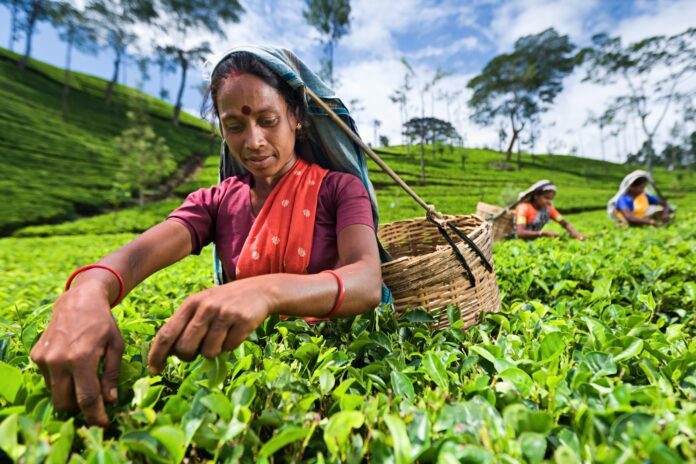Digital innovations have the potential to revolutionize the withering process in tea factories, marking a significant shift in the traditional methods of tea production. With advancements in technology, tea manufacturers are exploring innovative solutions to enhance efficiency, quality, and sustainability across the entire production chain.
One such area of focus is the withering process, a critical step in tea production that involves reducing the moisture content of freshly plucked tea leaves. Traditionally, this process relies on natural airflow and controlled temperature conditions in withering rooms. However, digital innovations offer opportunities to optimize this process and overcome inherent challenges.
One key innovation is the integration of sensor-based monitoring systems in withering rooms. These sensors collect real-time data on temperature, humidity, airflow, and leaf moisture content, providing tea manufacturers with valuable insights into the optimal conditions for withering. By leveraging this data, producers can fine-tune parameters and achieve more consistent and efficient withering results.
Additionally, artificial intelligence (AI) and machine learning (ML) algorithms are being deployed to analyze the vast amounts of data generated during the withering process. These advanced analytics enable predictive modeling, allowing tea manufacturers to anticipate withering outcomes and make proactive adjustments to optimize quality and yield.
Furthermore, automation technologies are streamlining the withering process, reducing manual intervention and human error. Automated systems control airflow, temperature, and humidity levels with precision, ensuring uniform withering across batches of tea leaves. This not only improves product consistency but also increases operational efficiency and reduces labor costs.
Another area of digital innovation is the development of smart withering racks equipped with IoT (Internet of Things) sensors. These racks monitor individual tea leaves’ moisture levels throughout the withering process, providing granular insights into leaf dehydration kinetics. By understanding how each leaf responds to environmental conditions, tea manufacturers can tailor the withering process to maximize flavor development and aroma retention.
Digital innovations hold immense promise for revolutionizing the withering process in tea factories. By harnessing the power of sensors, AI, ML, automation, and IoT, producers can enhance withering precision, efficiency, and quality, ultimately delivering superior teas to consumers. As the tea industry embraces digital transformation, we can expect to see continued advancements that reshape traditional production practices and elevate tea quality to new heights.




